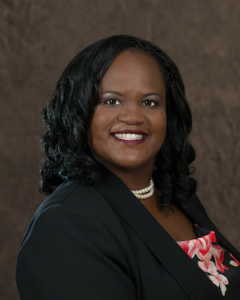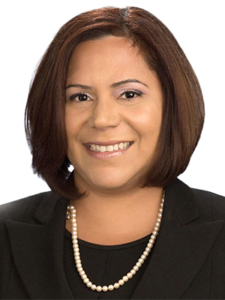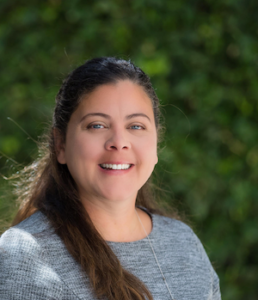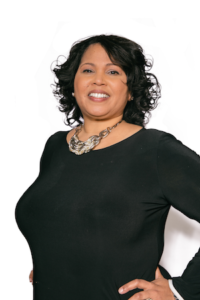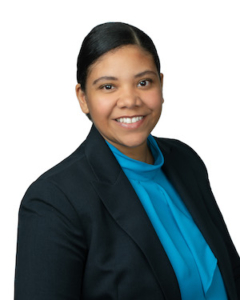Venture Capital is still funding all male teams at an alarming rate. 
In 2019, according to final statistics from PitchBook, all-female founding teams garnered only 2.6% of total venture capital (VC) invested in the U.S. Male-female combined founder teams took home 12.9%.
And the rest, $87 of every $100 VC dollars, went to all-male founding teams.
The U.S. is, at best, on par with the world in backing female founders and mostly backs those with a top university degree.
According to Kauffman Fellows Research Center (KFRC), the investment which only all-male founding teams collected in 2018 alone “exceeds the amount of VC dollars put into Female Founding Teams (at least one female) for the last 19 years combined.”
2020 Hits Female Founders
In 2020, the pandemic measures have caused a huge setback to gender equality, including a big drop in funding for women founders.
As of Sept 30th, only 1.8% of 2020 U.S. VC has gone to women teams, and Q3 has delivered the lowest quarter total of capital for female founders in three years.
Suspected factors include: VC’s are sticking to their existing network circle amidst uncertainty. Women are dealing with disproportional responsibilities in the at-home workplace. Women are pushed towards steady jobs when venture capital is evidenced to be harder for female entrepreneurs to earn.
It is beyond dysfunctional for business and humanity that 98.2% of investment capital is put behind men’s ideas only.
VC Persists as a Boy’s Club
At the end of February, All Raise put female decision makers (people with checkbooks) for both VC firms and angel investors at 13%. Underrepresented people of color make up less than 1%.
All Raise reported that 54 women (corrected from 52 in the initial publication) became female partners for the first time in 2019, a 42% increase from 2018, though only two were Latinx or Black.
65% of VC firms still had no female partner, down from 85% in 2018. 14% of VC firms had two or more female partners.
According to All Raise, among the new female VC partners in 2019, 62% were in the San Francisco area, where teams with women founders currently garner a smaller percentage of VC than New York.
50% of new female partners joined from operational or executive roles. 15% changed firms to get promoted, 17% were promoted within a VC firm and 17% started their own VC firms.
Women VC’s Back Women Founders More
Women VCs are more likely to back women. KFRC found that from the earliest stage of company development, women VCs are twice as likely to invest in female founding teams (at least one woman).
“We believe the reasons for this increased investment may include women having personal experiences that male investors would not,” writes the KFRC team, “which in turn helps them identify overlooked problems and understand their market size.”
All Raise found that “out of all of the U.S. VC firms that scored a top-quartile fund between 2009 and 2018, 69.2% of them had women in decision-making roles.”
When it comes to sectors, women VCs back female tech founders 63% more often and female consumer founders 108% more often than their male peers.
The researchers write, “one small step for VC partner diversity equals one giant leap for female entrepreneurs and the entire startup ecosystem.”
Founding Teams With Women = More Success in Business
KFRC also found that founder teams that include women raise millions more in capital than all-male founder teams in a head-to-head comparison, and create more innovation. They are also more likely to exit one year faster than companies with male-only founding teams.
In a review of their first ten year’s, First Round Capital found that women-founded companies in their portfolio outperformed companies founded by men by 63%.
As shared in Fast Company, companies with female founders generate 10% more cumulative revenue over a 5-year period, and generate 78 cents per dollar invested as opposed to only 31 cents per dollar invested for only male founding teams.
When it comes to increasing gender diversity, start-ups with at least one woman founder go onto hire 2.5 times more women than all-male start-ups to create more gender diverse companies. Going further, a female founded firm with at least one female chief hires six times more women than an all-male founder and chief firm.
Simply put, investing VC dollars into women founders or women inclusive founding teams is good for creating both diversity and the resulting increased business success.
VC Funding Needs a Paradigm Shift
Disrupting the homogeneous VC world, dangerously blinded by its comfort zone bias, has become an economic and human imperative. We’re overdue for a new paradigm of gender equity in investment.
Women, especially women of color, are inclined to entrepreneurship. Despite lack of VC support, the number of women-owned businesses increased by 21% over the past five years, sprouting up at a rate twice as fast as all firms. Businesses owned by women of color increased by double that rate (43%), even faster for Black women (50%). But while women own 42% of businesses, those businesses only earn 4.3% of revenue.
Morgan Stanley has reported that VC firms’ failure to invest in women and diverse founders is risking as much as $4.4 trillion in investment returns.
Solution Space
“The launch of Women’s Venture Capital Fund was the hardest thing I have done. We were a lone voice in the wilderness in the beginning,” says Co-Founder and Managing Director Edith Dorsen. “We were questioned and met skepticism every step of the way. At the time, there was no other venture capital firm focused on Series A capital for women. While there’s been great progress, there are still too few women around the investing table and almost no senior women partners.”
Today, WomensVCFund ll, among other VC firms and angel networks are helping to change the paradigm in venture capital by investing in high potential entrepreneurial companies led by women and diverse leadership.
For example, Venture Summit Virtual Connect, from November 17-19, will connect diverse innovators with investors.
Much more still needs to be done to effect real capital access. As reported recently in Harvard Business Review, the preponderance of capital invested in venture capital funds comes from institutional investors – foundations, family offices, endowments, pension funds and insurance companies. Large institutional investors can and should leverage their outsized resources and unique position to hold venture capital funds accountable for addressing gender and race gaps in their investment portfolios, assert Ilene Lang and Reggie Van Lee, investors in WomensVCFund ll
In Fast Company, Kathryn Ross, Accenture Ventures, Open Innovation, and Katica Roy, CEO and founder of Pipeline Equity, propose that strategically-driven Corporate Venture Capital (CVC) could catalyze the closing of the gender gap.
One way or another, it’s time for much of the VC world to wake up from being blinded to the value of firms that are founded and run by women.
By Aimee Hansen

